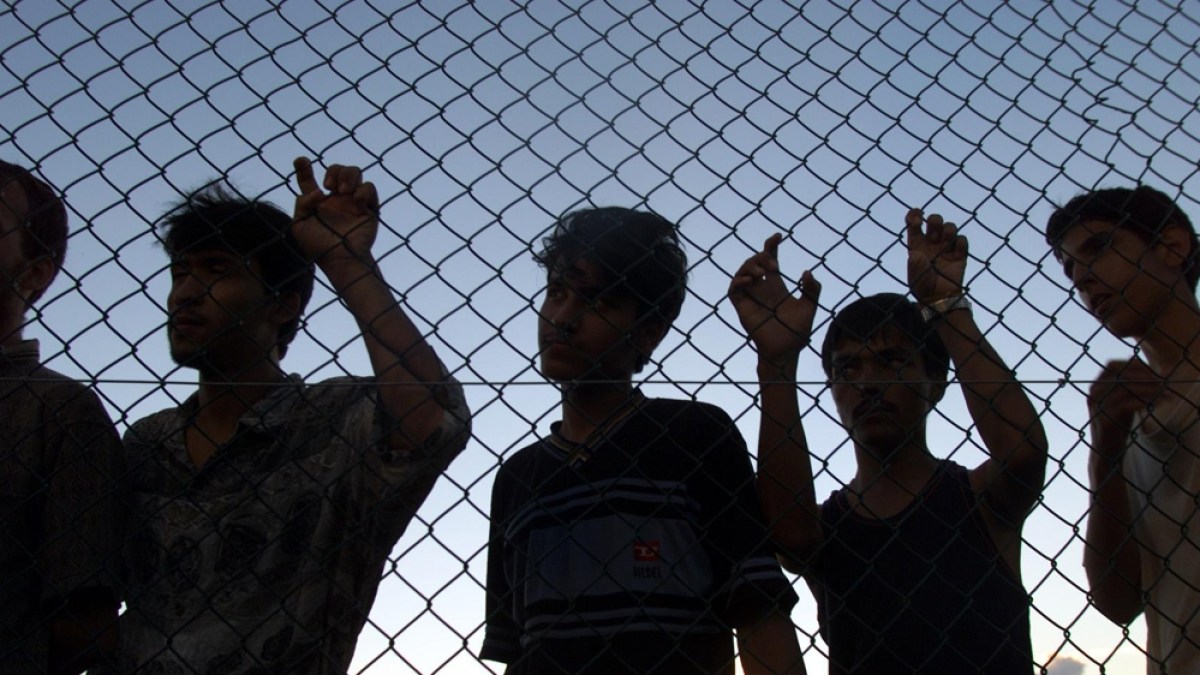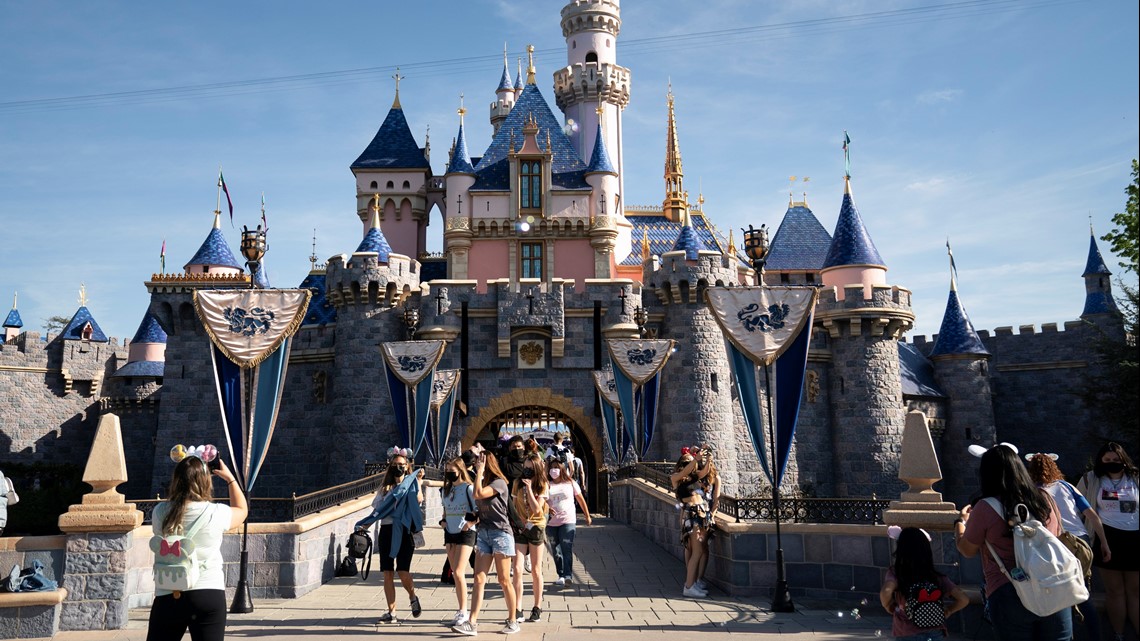The magnificence of India’s opulent civilisational and cultural history, which has remained a shining beacon for mankind over the ages, can never be overemphasised. India’s cultural-civilisational essence is blessed with a thread connecting the vast expanse from the south to the north, and from the east to west, on a continuous scale rooted in philosophical and spiritual foundations.
North and south India are sometimes mistakenly carved into two streams. The fact, however, is that both regions are part of the same continuum of spiritual and philosophical threads, sharing profound connections. These can be seen, among other things, through the deities worshipped across the two regions, offering a glimpse of the deep historical connections that have existed for several millennia.
At first sight, one may notice a difference in languages between the two regions. While many languages are spoken in south India, in north India too, several languages — apart from Hindi — are spoken. But the fact remains, each of these shares the same cultural, spiritual, and philosophical heritage.
The bond between Tamil Nadu and Varanasi is particularly symbolic of this relationship. This connection between Tamils and Kashi Vishwanath, one of Hinduism’s holiest shrines, is resplendent in rich intellectual wisdom and Hindu civilisational history.
Knowledge, philosophy, culture, devotion to gods, literature, and Indian arts and crafts have flourished in this holy city. Tamil Nadu, on the other hand, is a cradle of culture, arts, crafts, and literature. These two manifestations of Indian culture, though geographically distant, have deep and vibrant links over the centuries.
In 2021, on the 100th death anniversary of Mahakavi Subramania Bharati, Prime Minister (PM) Narendra Modi said that the vision of Ek Bharat, Shrestha Bharat (One India, Greatest India) echoed in his Tamil writings.
It is in this essence that the Modi government is organising the Kashi Tamil Sangamam from November 17 to December 17 in Varanasi to highlight the link between Kashi and Tamil Nadu, upholding the spirit of Ek Bharat, Shrestha Bharat as India celebrates Azadi ka Amrit Mahotsav.
The National Education Policy 2020 emphasises on nurturing a generation that is modern, while also being rooted in culture. Rediscovering ancient knowledge and integrating it with modern thought, philosophy, academics, technology, entrepreneurship and craftsmanship can help create a valuable body of knowledge.
Saint Kumaraguruparar from Srivaikuntam in Thoothukudi district of Tamil Nadu excelled in bargaining with the Sultanate of Kashi with boldness. He wrote Kashi Kelambakkam, a composition of poems on Kashi. King Adhiveera Rama Pandiyan of the Pandya dynasty dedicated a Shiva temple at Tenkasi of Tamil Nadu after his pilgrimage to Kashi.
The month-long Tamil Kashi Sangamam is an initiative to strengthen the bonds by focusing on connections between Tamil Nadu and Varanasi. The Indian Institute of Technology, Madras, along with Banaras Hindu University will serve as knowledge partners to bring to light the deep academic, economic, social, and cultural relationships between Kashi and Tamil Nadu. An initiative of this nature and scale has not even been conceived in the history of Independent India, and, therefore, holds special significance as it is being held in the year India is celebrating Azadi ka Amrit Mahotsav. Academic exchanges will be held on various aspects of the two ancient edifices of Indian culture.
The month-long event will serve as an ideal platform to understand the unity in India’s civilisational histories through two centres of knowledge and culture. The Sangamam will be centred on a series of themes that cover various facets of knowledge — literature, ancient texts, philosophy, spirituality, music, dance, drama, yoga, ayurveda, handlooms, and handicrafts as well as modern innovations, trade exchanges, ed-tech, and other next-generation technologies.
People from Tamil Nadu belonging to 12 different clusters — art, literature, spirituality, and education — are invited as special guests. The guests will travel in groups to Kashi in special coaches attached to trains that depart from Chennai, Coimbatore, and Rameswaram on 12 different dates. Each group will spend eight days in total, from start to return and will attend academic sessions, and visit places in and around Kashi and Ayodhya.
It is time to rediscover, reaffirm, and celebrate the links between Tamil culture and Kashi that have existed for centuries. This is just the beginning of such initiatives and under the able stewardship of PM Modi, with special emphasis on connecting various parts of the country to bring alive India’s glorious spiritual, cultural, and philosophical foundations through similar events.
L Murugan is an Indian politician and advocate, currently serving as minister of state in the ministry of fisheries, animal husbandry and dairying, and ministry of information and broadcasting
The views expressed are personal
















